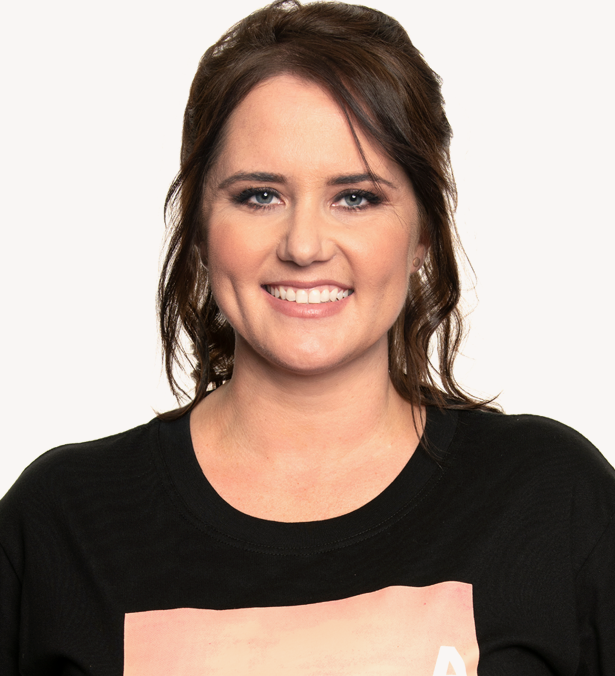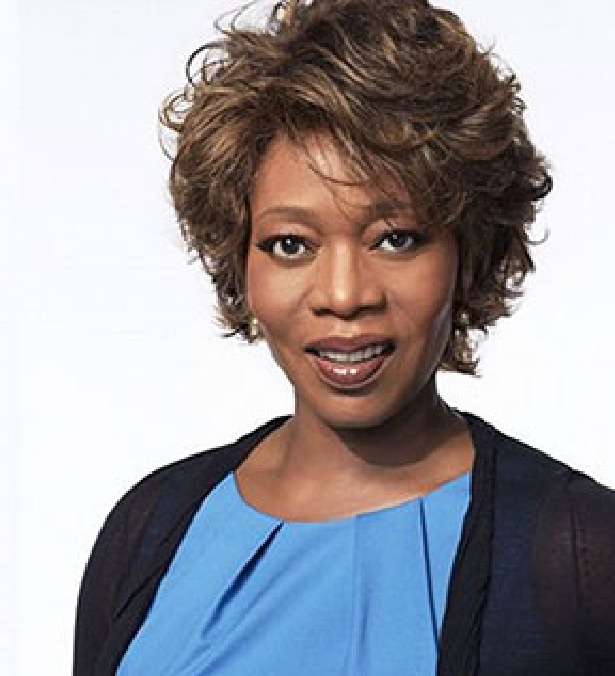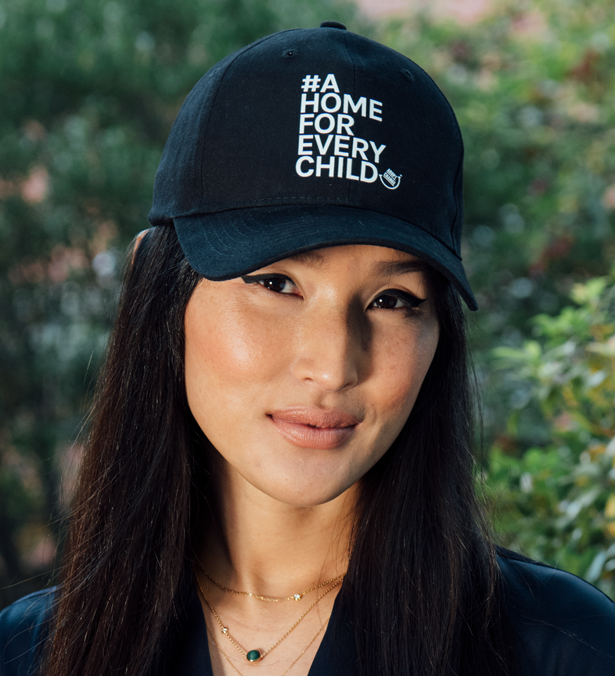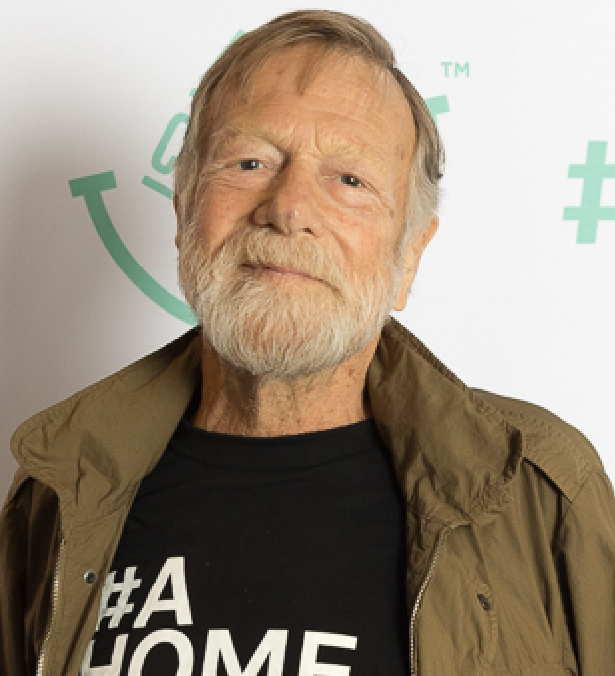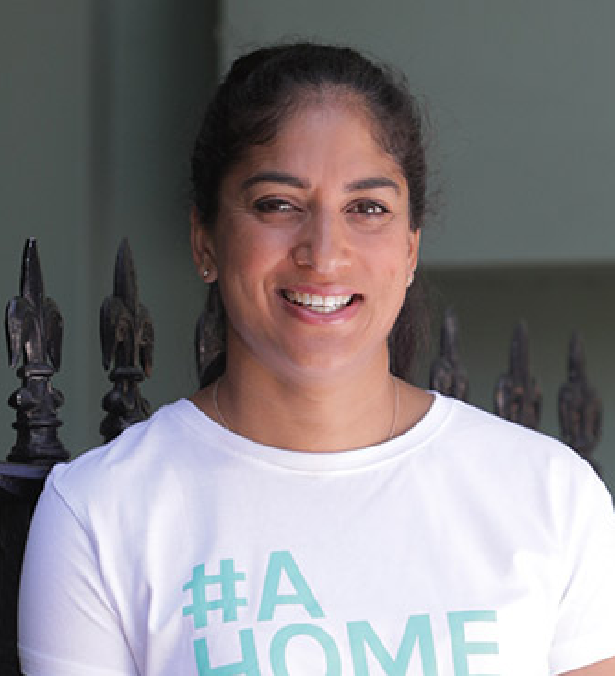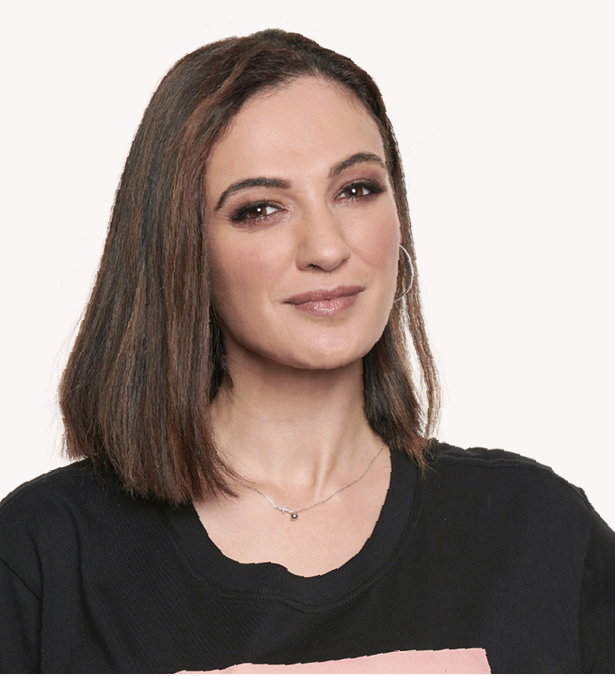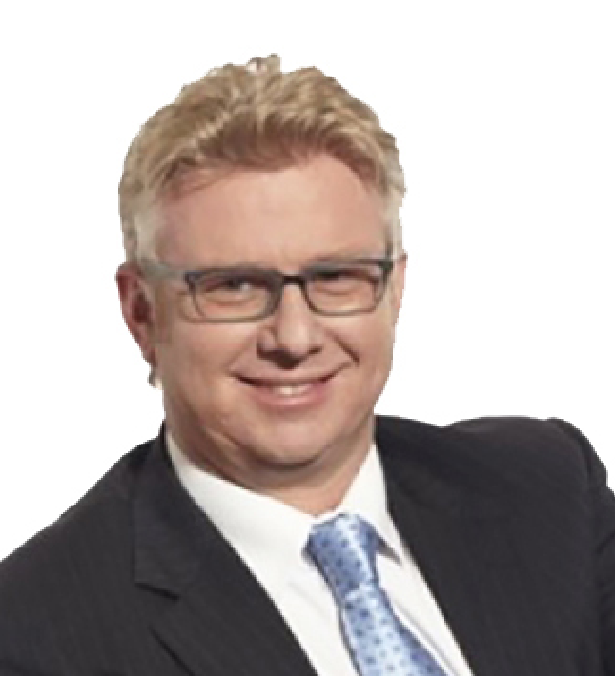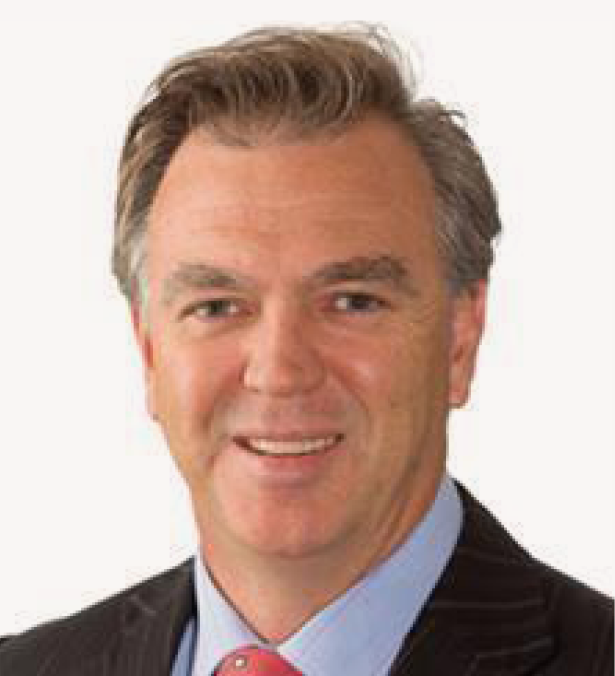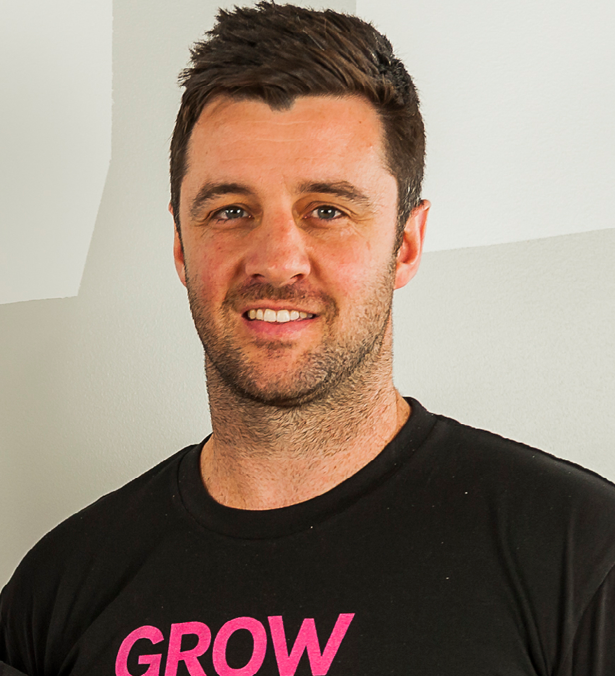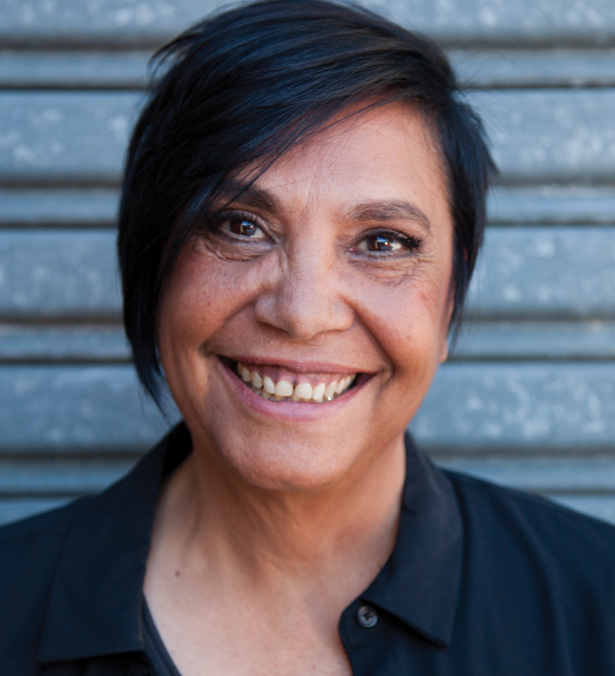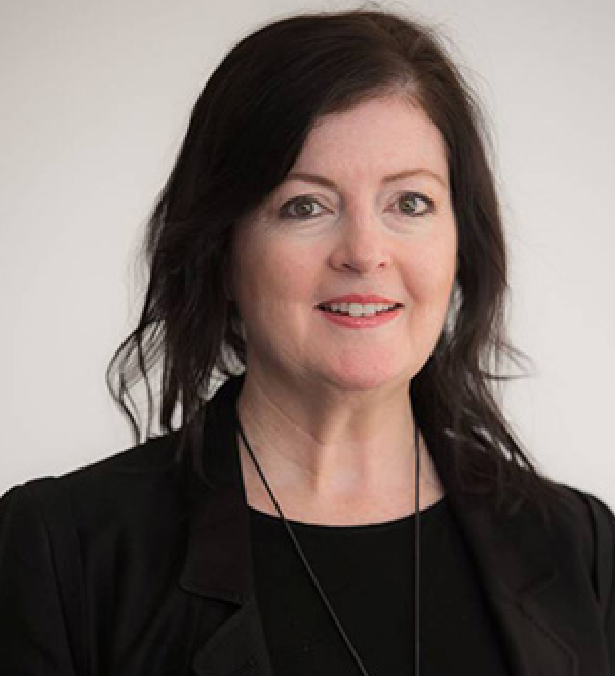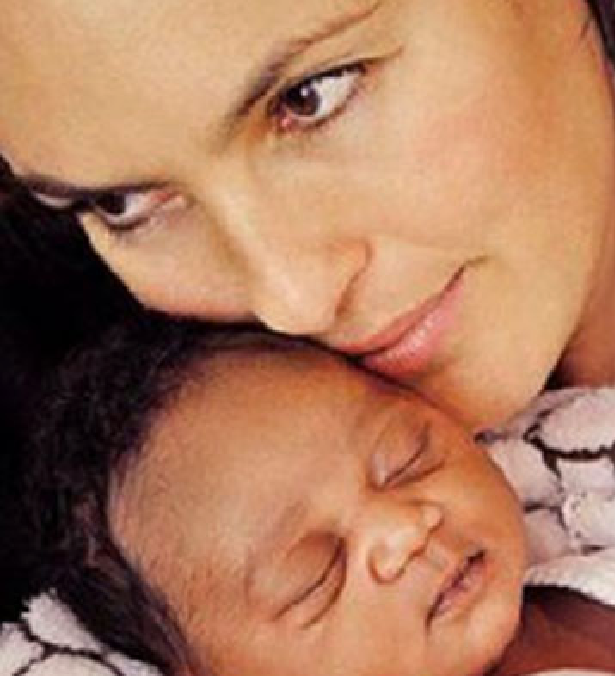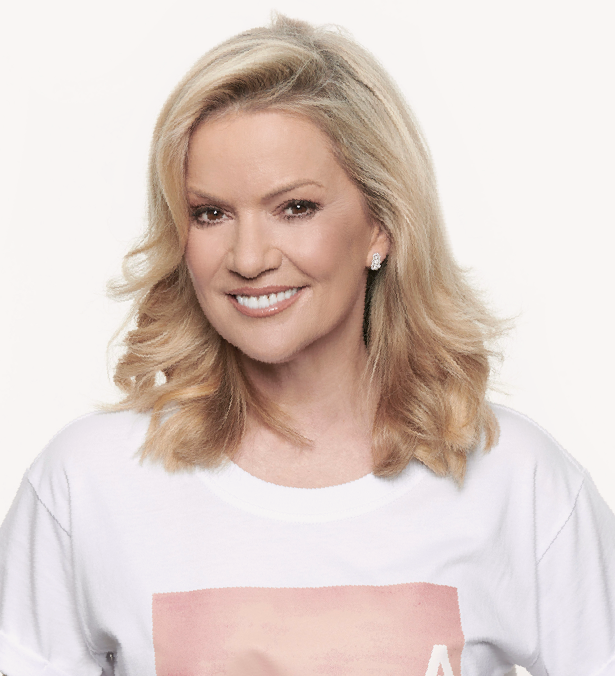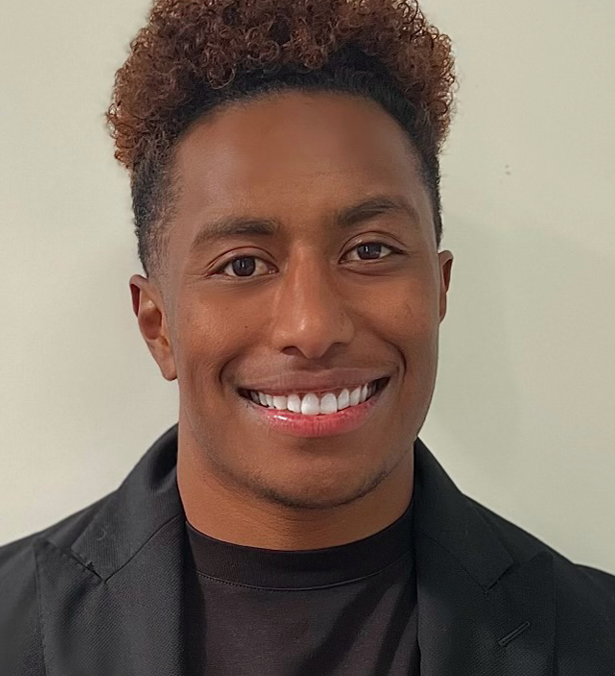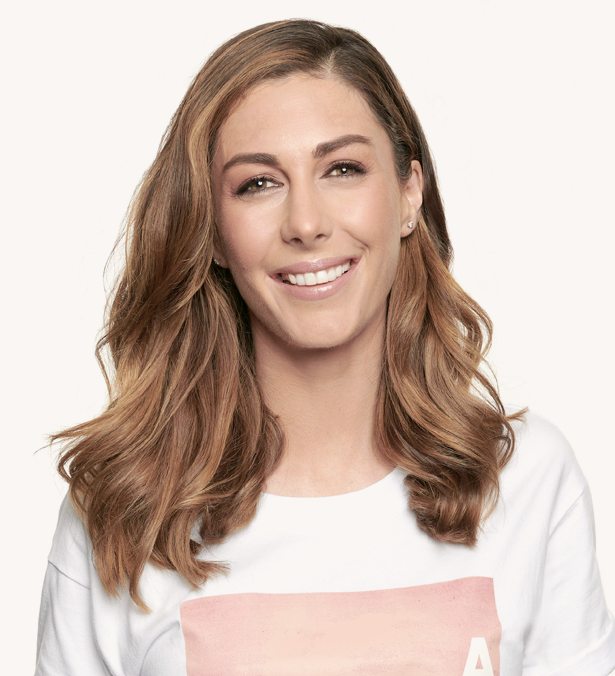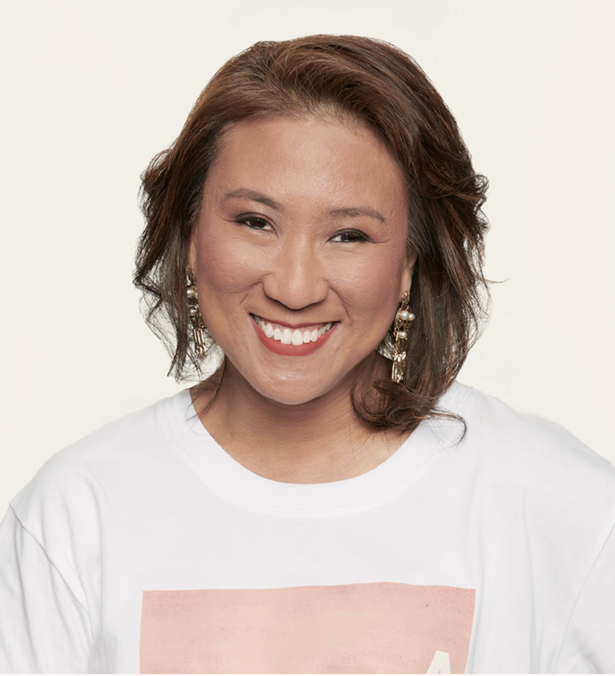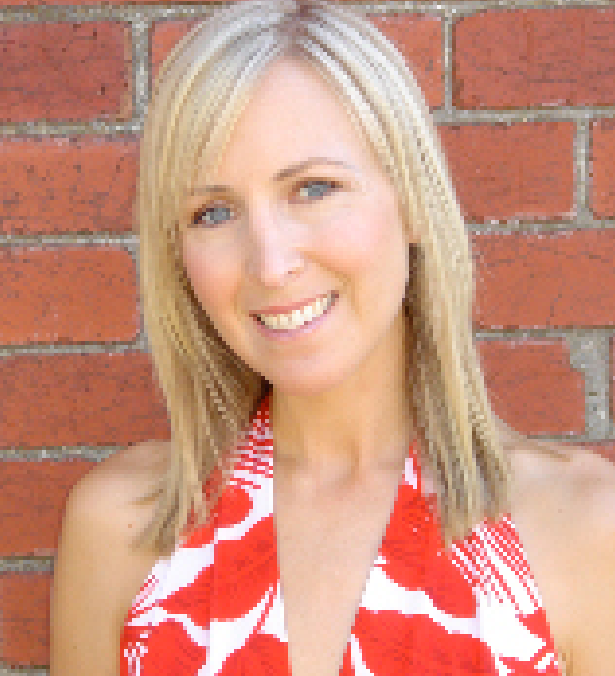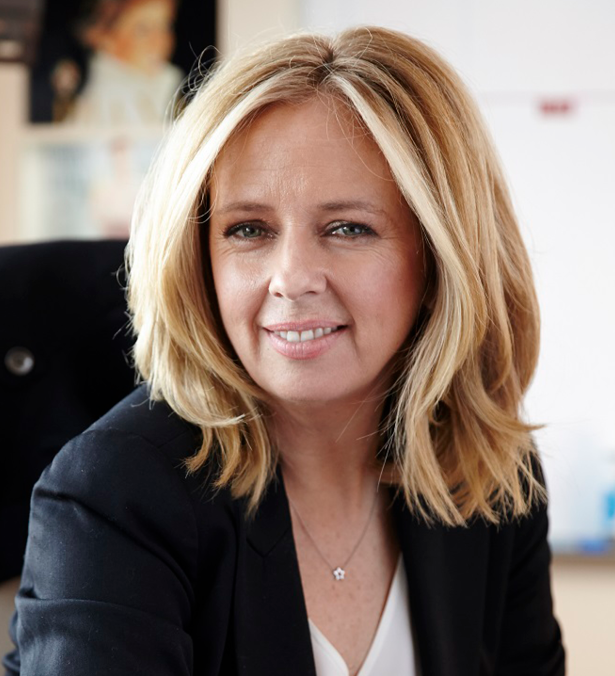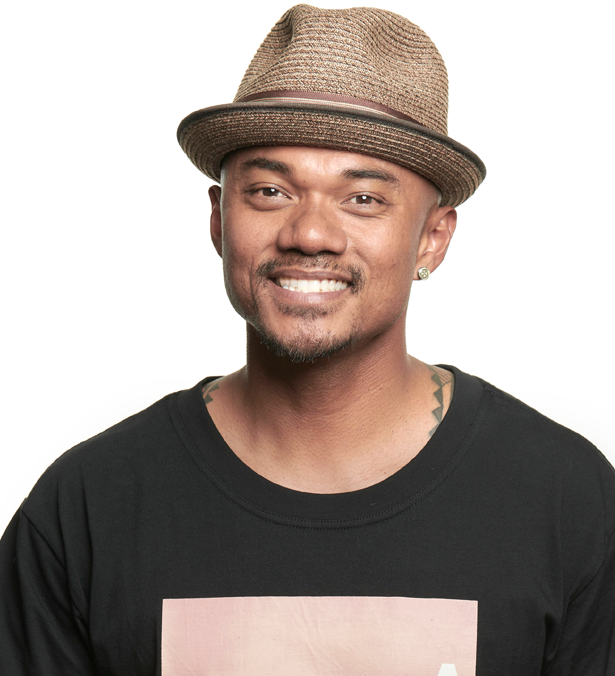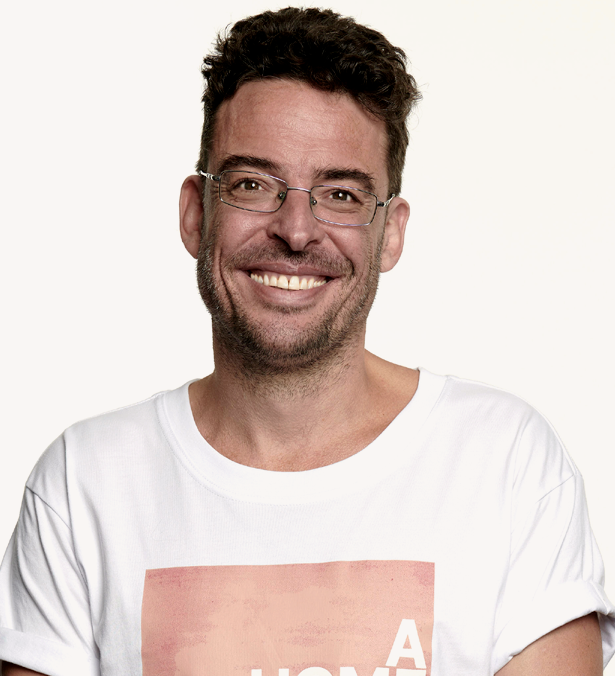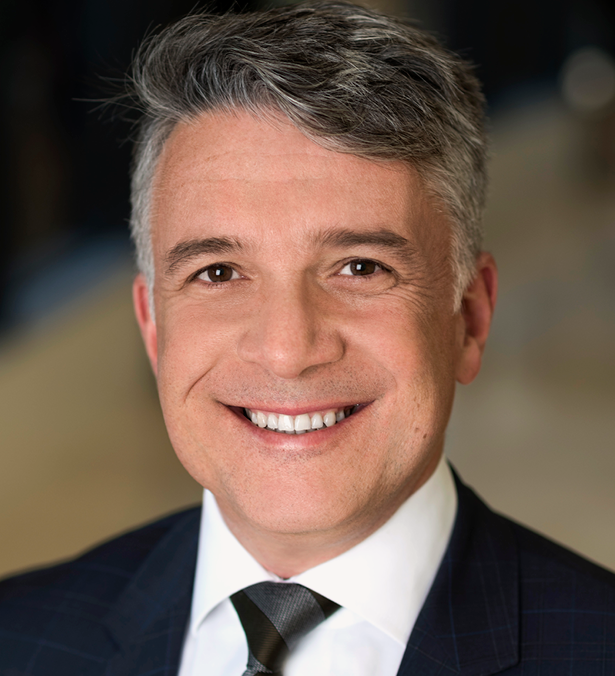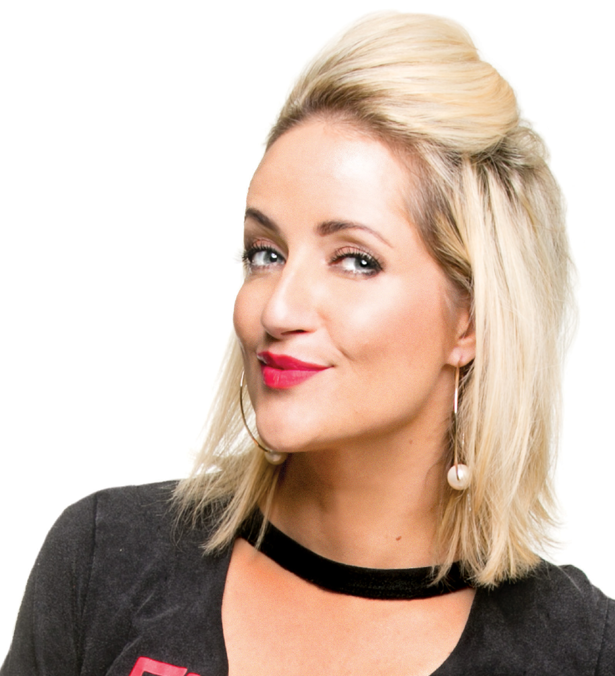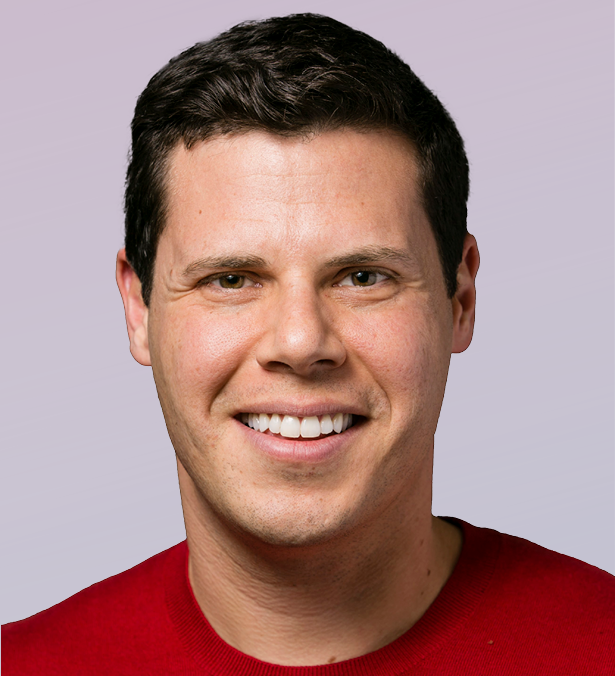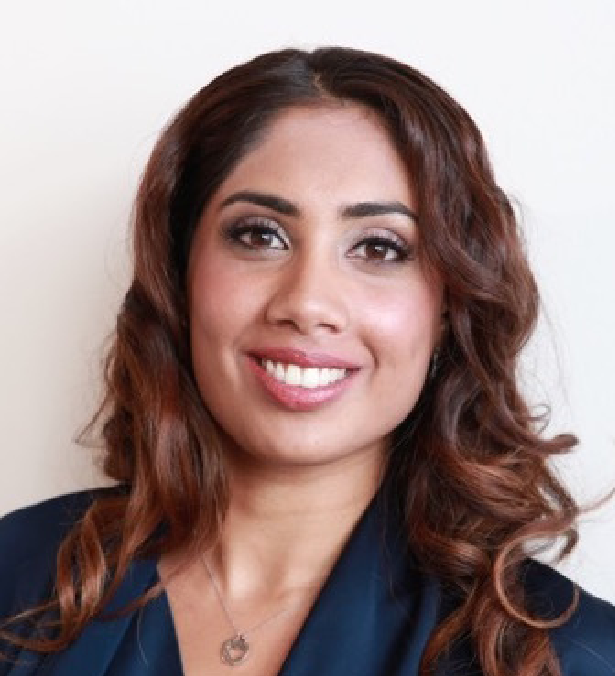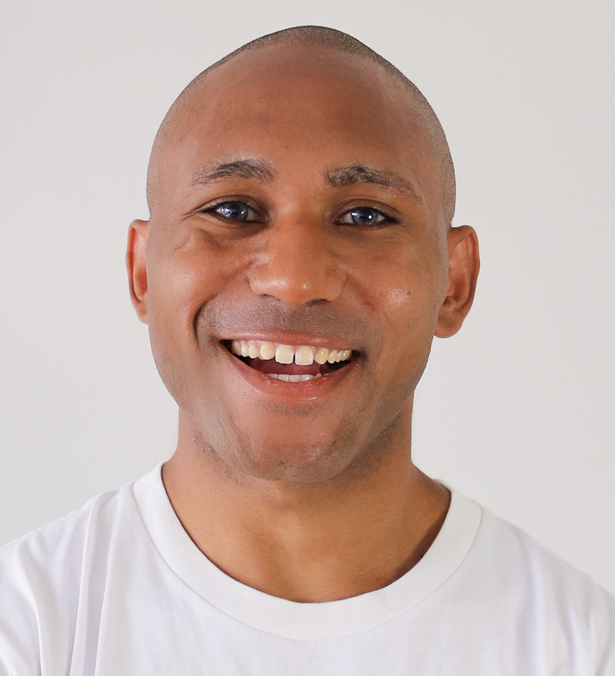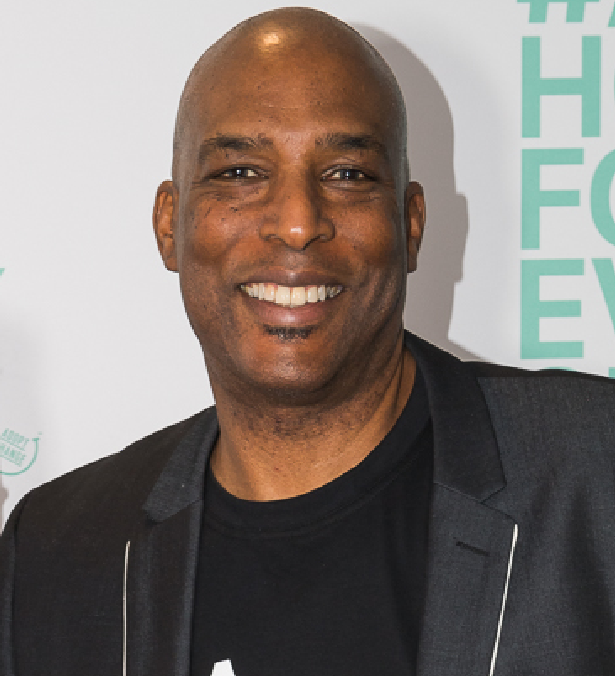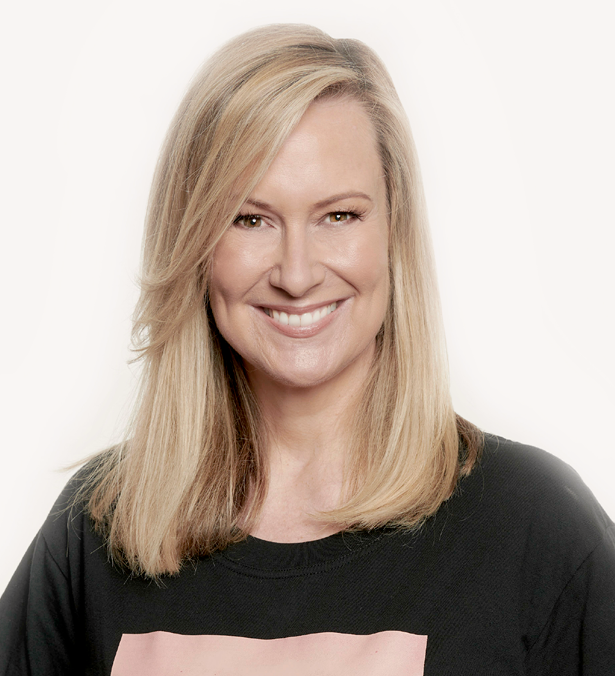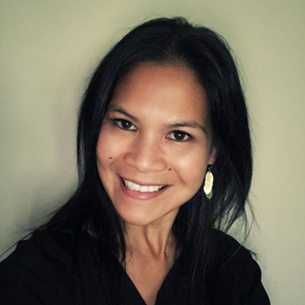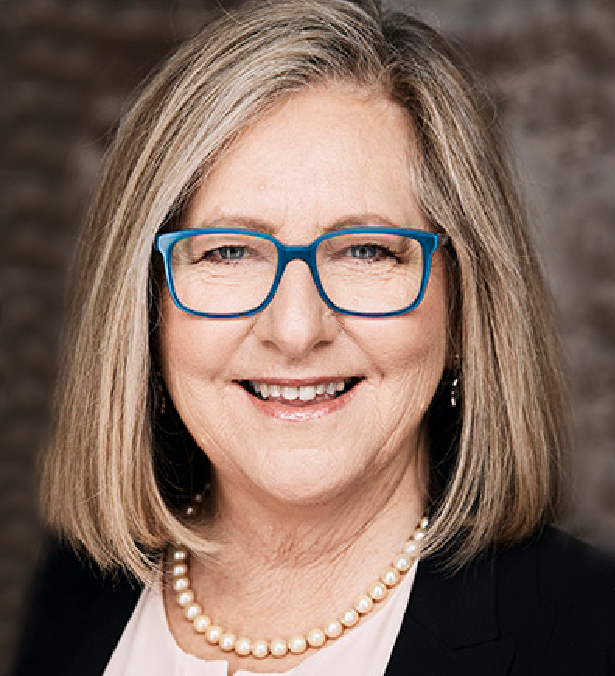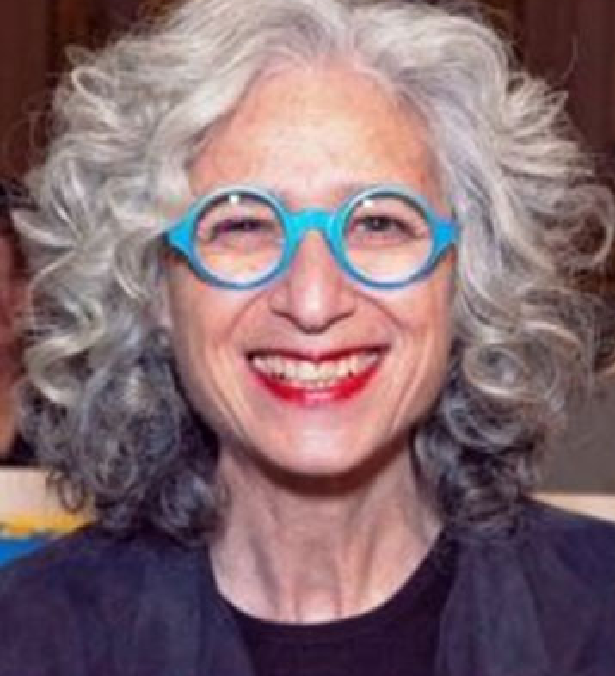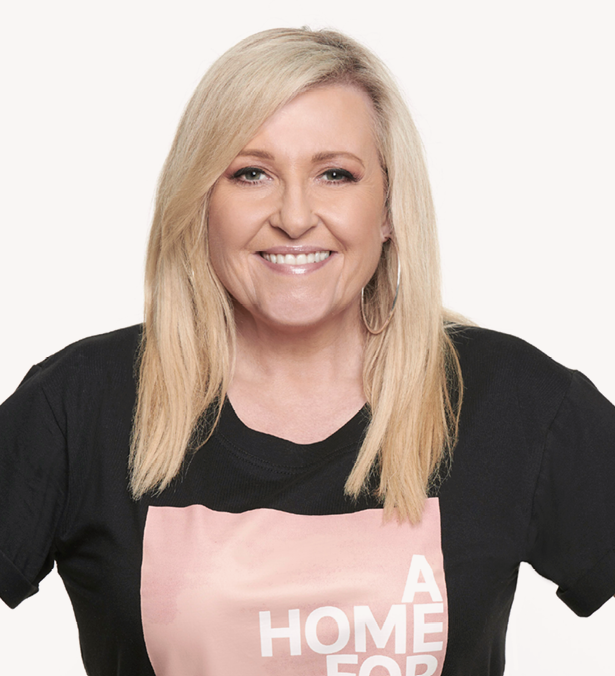Revolutionary approach to adoption to be unveiled at Parliament House
In an Australian first, Adopt Change and Western Sydney University will unveil a joint research report at Parliament House in Canberra which considers the views of people with a lived experience of adoption and out-of-home care on how to improve current care arrangements for children and young people who are unable to return safely to live at home. The report introduces the concept of considering a new form of permanency to Australia known as ‘Simple Adoption’.
Canberra, Australia, 27th November, 2019: Dignitaries will gather today at Australian Parliament House for the launch of a joint research report by Adopt Change and Western Sydney University. Belonging in two families: Exploring permanency options for children in long-term out-ofhome care in Australia is the first research report in the country to consider the views of people with a personal experience of foster care, kinship care and adoption on how to improve care models for children and young people who are unable to live with their family of origin due to abuse and neglect. The report introduces the concept of ‘Simple Adoption’ into the Australian context, where children retain a legal connection to their biological family in addition to their new legal status in their adoptive family.
“The study reveals that there is strong support to introduce Simple Adoption to the permanency continuum in Australia. Connections to family and identity are crucial for children and young people. A Simple Adoption order enables children in care, who are unable to live safely with their family of origin, to find the stability and nurture they need by providing them with legal connection to their carer family, while maintaining legal connections with their family of origin”, says Renée Carter, Chief Executive of Adopt Change.
Carter adds Simple Adoption, as practiced in European countries such as France and Belgium, grants ongoing legal parental responsibility to adoptive parents, but honours connections legally with both biological families and adoptive families. “To provide this form of legal care order in Australia, for children in care unable to return home, would be revolutionary. It is a move forward in further recognising providing children and young people both legal stability and honouring connections,” says Carter.
Dr Stacy Blythe and Dr Karleen Gribble from Western Sydney University’s School of Nursing and Midwifery, say the report accesses the feedback of key participants in adoption and foster care to highlight the strengths and weaknesses of the existing care orders in Australia, along with exploring the views regarding the potential introduction of the Simple Adoption order.
“Adoptees, former foster children, birth parents, foster parents, adoptive parents and professionals working in foster care and adoption expressed dissatisfaction with the options currently available, and strong support for exploring the introduction of the new potential form of permanency,” says Dr Blythe.
“The research has shown that it is again time for reform, and we believe this may lead to the biggest reform of adoption in Australia since the opening of records in the 1980’s, by allowing legal connection that reflects belonging in two families,” adds Dr Gribble.
Key recommendations of the research include:
- All states and territories to seek legal advice on how to effectively implement simple adoption within their jurisdiction;
- The development of a unified national approach to the introduction of simple adoption; and
- The introduction of a national agreement to establish appropriate post-permanency supports for children and young people who have experienced trauma and displacement.
The full research report will be launched today at 12pm at the Dame Dorothy Tangney Alcove (Senate Alcove), and proceedings will be opened by the Hon. Michelle Landry MP, Assistant Minister for Children and Families. The event will be hosted by the Parliamentary Friends of Adoption (which is co-chaired by Senator Zed Seselja and Senator Kimberley Kitching)
~ END ~
Available for media and interviews:
Renée Carter, CEO Adopt Change
Dr Stacy Blythe, Western Sydney University
Dr Karleen Gribble, Western Sydney University
Please contact:
Michelle Stacpoole
Communications Manager
Adopt Change
0414 398 114
media@adoptchange.org.au
Ali Sardyga
Senior Media Officer
Western Sydney University
0429 936 347
a.sardyga@westernsydney.edu.au
About Adopt Change
Adopt Change has a vision for a world where all children can grow, learn, play and thrive in safe, nurturing and stable homes, schools and communities. It is our mission to support and educate families and communities in caring for displaced children.
We recognise the impact of childhood trauma, and provide a number of services and education, so that children and families can be supported and thrive. We also work with government, sector and community to seek changes to legislation and policies to better provide for children and families.
We recognise the importance of permanency for positive life outcomes. We support capacity building of families to ensure that vulnerable children are able to remain within their birth family where possible. When that is not possible or safe, we advocate for other permanent options, including adoption where appropriate.
We understand the impacts of impermanency and trauma and we work to support families through workshops and online resources; research; pre- and post-adoptive supports; trauma informed supports; information and community events; as well as working with governments, departments and the sector to address issues surrounding permanency for children.
Adopt Change operates the program My Forever Family NSW to recruit, train, support and advocate for foster carers, kinship carers, guardians and adoptive parents for children in out of home care. National Adoption & Permanency Awareness Month in Australia is coordinated by Adopt Change to promote improvement to permanency legislation, policy and practice to facilitate a community where a child’s right to stability is prioritised. National Adoption Awareness Week was founded by Deborra-lee Furness in 2008.
Website: www.adoptchange.org.au
Instagram: www.instagram.com/adoptchangeau/
Twitter: www.twitter.com/adoptchangeau
Facebook: www.facebook.com/AdoptChangeAU
About Renée Carter
Renée Carter is the CEO of Australian not for profit Adopt Change, which also operates the program My Forever Family NSW. Renee is also a member of the Institute Advisory Group for the independent research centre Institute of Open Adoption Studies (The University of Sydney) and is Vice Chair of the NSW Committee on Adoption and Permanent Care (COAPC).
Renée is a member of Australian Institute of Company Directors, and has a strong background in communications and executive management, along with board level experience in corporate and notfor- profit sectors. Her experience includes three years as Chair of charity Child Abuse Prevention Service (CAPS), an organisation focused on early intervention, education and support of families and communities; and Managing Director of corporate communications specialists Designate Group.
Renée is passionate about influencing child welfare policy and practice to deliver timely and effective outcomes for children so they can have better childhood experiences and a brighter future, by garnering community, sector and government support.
About Western Sydney University
Western Sydney University prides itself on challenging the traditional notion of what a university should be. We put students at the heart of everything we do and we are deeply embedded in the community and region we serve, which is Australia’s fastest growing economy and the focus of the nation’s largest infrastructure projects.
We have a network of sites across Greater Western Sydney and beyond – including 10 teaching campuses, many embedded in CBD locations. Celebrating our 30th anniversary in 2019, Western Sydney University has grown to more than 48,000 students, 7,000 staff, and a strong cohort – both locally and globally – of almost 200,000 alumni.
Recent rankings have shown bosses rate our graduates number one in NSW and second in Australia for overall employer satisfaction, and the University is in the top two per cent of universities in the world according to the highly-influential Times Higher Education World University Rankings.
Website: www.westernsydney.edu.au/future.html
Instagram: www.instagram.com/westernsydneyu/
Twitter: www.twitter.com/westernsydneyu
Facebook: www.facebook.com/westernsydneyu/
The University’s School of Nursing and Midwifery is ranked in the Top 100 Universities for Nursing in the 2019 QS World University Rankings by Subject. Our campuses are close to some of Western Sydney’s biggest hospitals and healthcare facilities, and our cutting-edge, on-campus teaching and learning facilities give students access to the world’s best clinical simulation technology.
Website: www.westernsydney.edu.au/nursingandmidwifery/home
Instagram: www.instagram.com/westernsydusonm/
Twitter: www.witter.com/westernsydusonm F
Facebook: www.facebook.com/westernsydusonm
About Dr Stacy Blythe
Stacy Blythe is a Senior Lecturer in the School of Nursing and Midwifery at Western Sydney University. Her research interests focus on the health and well-being of children and young people in the out-of-home care system and their families. She has published several peer reviewed articles and presented at many national and international conferences.
Stacy teaches in the area of Infant Mental Health and has a particular interest in the care of substance exposed infants. Stacy uses her post graduate qualifications in Developmental Trauma to develop and provide training tor foster carers, health, social service and education professionals.
Stacy is on the Board of Directors of the International Foster Care Organisation. She is passionate about improving the care of children and young people living in out of home care, and their families.
About Dr Karleen
Gribble Karleen Gribble (BRurSc, PhD) is an Adjunct Associate Professor in the School of Nursing and Midwifery at Western Sydney University. Her research interests include children’s rights, childcaregiver and caregiver-child attachment, parenting of children with a history of trauma, and the treatment of infants and young children within the child protection, immigration detention and criminal justice systems. She has published research on these subjects in peer-reviewed professional psychological, social work, and health journals and engaged in the training of health professionals, social workers, and humanitarian workers on these subjects. Karleen was the NSW representative on the National Intercountry Adoption Advisory Group from 2010-2013.

